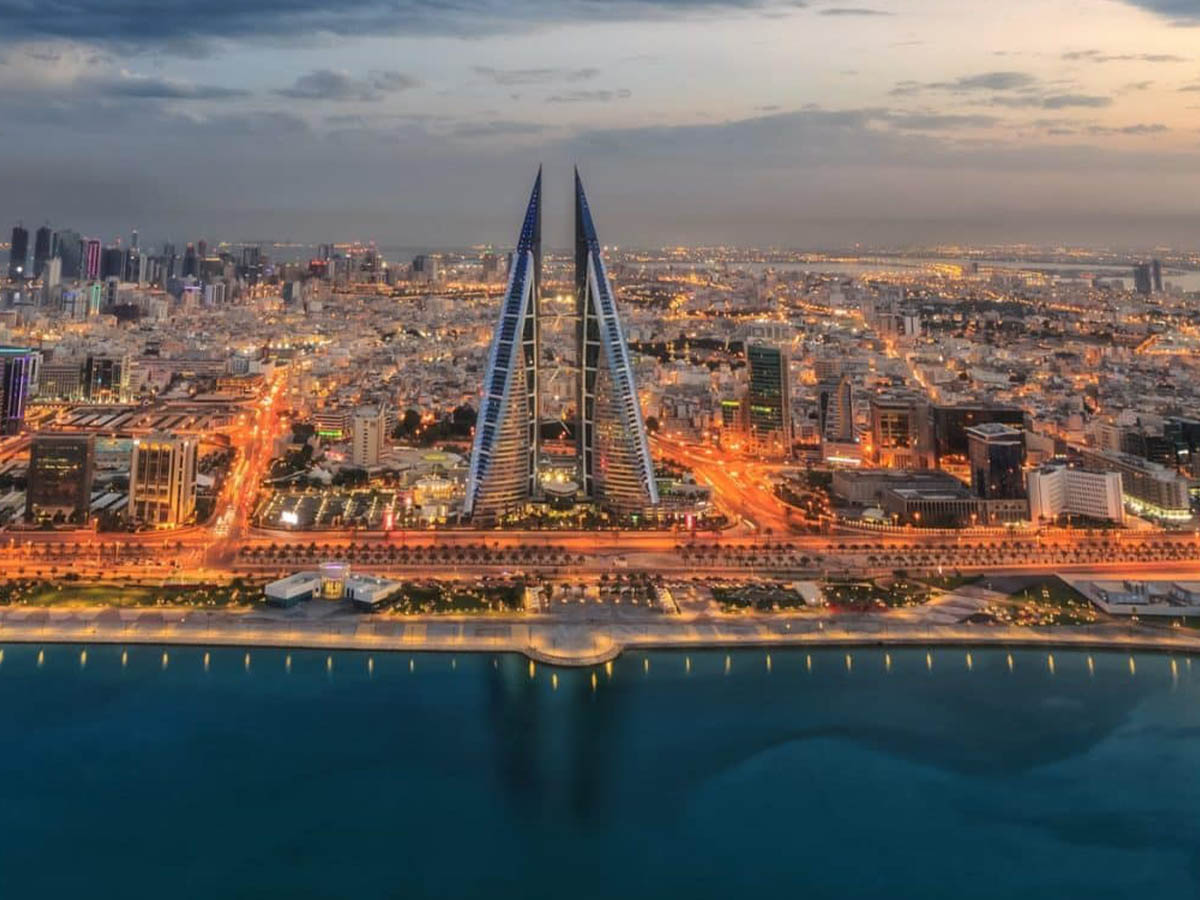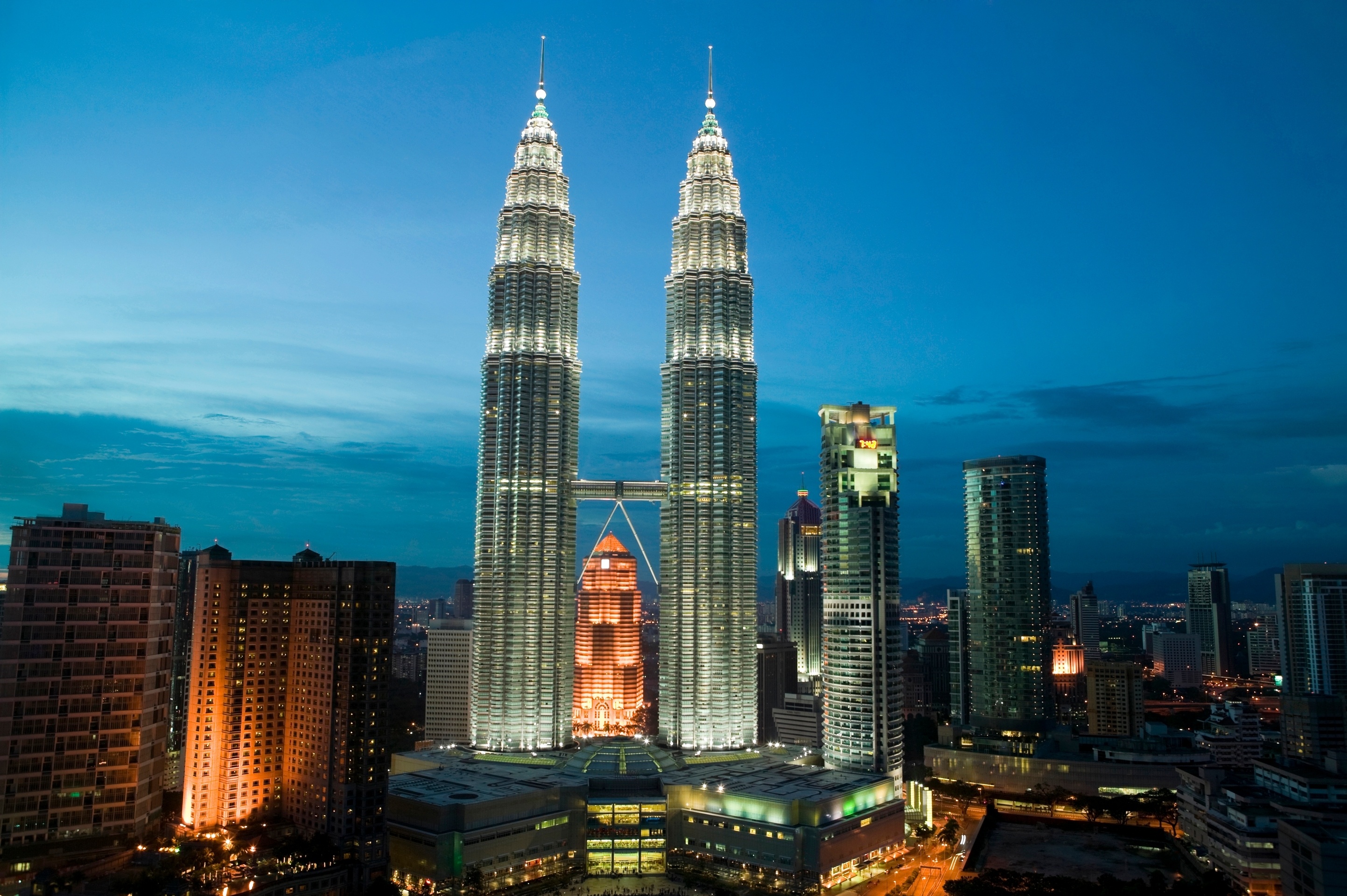You’ve probably heard about Cristiano Ronaldo, but have you ever been curious about his home country? Just like the world-renowned football icon has amassed an impressive portfolio of luxury homes, from his stunning Lisbon penthouse to his modern Cascais mansion, global investors are quietly securing their own slice of this dynamic European market.
Portugal isn't just a country; it's an experience. From the sun-drenched beaches of the Algarve to the historic charm and burgeoning tech scenes of Lisbon and Porto, it's a place that continues to capture hearts and a significant amount of international capital. Choosing to invest in Portuguese real estate is securing a future steeped in European elegance, rich culture, and the kind of high-quality, low stress living that is increasingly priceless. If you’re looking to invest soon, you're tapping into a market that is not only robust but is confidently transitioning into a new era of stability and growth.
The Confidence Factor: Why Global Investors Are Still Choosing Portugal
The narrative around Portuguese property is compelling; Portugal blends high lifestyle appeal with a solid financial performance, and the numbers tell a story of sustained international trust.
The sheer volume of investment speaks for itself. The Portuguese real estate market saw a significant increase in capital flow, with total investment reaching approximately €2.387 billion in 2024, marking an outstanding 51% jump from the previous year. Crucially, major market reports indicate that a massive 81% of this total investment came from foreign sources. This isn't just about capital; it’s about a deep, global conviction in Portugal’s future.
Even as prices have climbed, the market hasn't run out of steam. While the pace has moderated slightly, the underlying demand remains intense. Official figures from the National Statistics Institute (INE) show that the median bank appraisal value for residential properties was up by 16.92% year-on-year to €1,866 per square metre in April 2025. Key urban hubs echo this trend, with Lisbon’s average asking price reaching €5,720 per square metre and Porto’s at €3,768 per square metre.
The Portuguese Lifestyle: Cuisine, Wellness, and World-Class Wine
Beyond the investment data, Portugal offers a truly unparalleled quality of life, anchored by its famous climate, healthy living culture, and celebrated culinary heritage.
- A Diet for Longevity: The local cuisine is a pillar of the Southern European Atlantic Diet, closely related to the UNESCO-recognised Mediterranean Diet. The focus is on fresh, Atlantic-caught fish (like cod and sardines), seafood, locally grown vegetables, legumes, and the generous use of extra virgin olive oil. Traditional cooking methods like grilling and simple stews (often starting with a hearty vegetable soup) preserve nutrients and create a naturally healthy, delicious lifestyle.
- Portugal’s Wine Country: Investing in Portugal often means proximity to exceptional wine culture. The country boasts diverse and highly acclaimed wine regions:
Major Regions of Interest for Foreign Buyers
Foreign investment is concentrated in key regions, each offering a distinct lifestyle and investment profile:
- Lisbon (The Capital Investment Hub): Lisbon is the financial, political, and commercial heart of the country. It attracts a mix of luxury lifestyle buyers and long-term rental investors, offering a vibrant, cosmopolitan environment. Demand is high, driven by the city's robust economy and cultural appeal.
- The Algarve (The Enduring Holiday Home Appeal): This is consistently the most desired location for foreign buyers (accounting for nearly 30% of international purchases). It offers a relaxed, year-round sun-drenched environment, world-class golf courses, and luxury developments in areas like Vilamoura and Quinta do Lago, making it ideal for holiday homes and retirement.
- Porto and Northern Portugal (Value and Yield): Portugal’s second city offers a lower cost of living and, often, a higher rental yield than Lisbon, particularly in the short-term tourist market. The region blends historic charm with a growing tech scene, appealing to both lifestyle and pure return-focused investors.
A Business-Friendly Environment: Commercial Hubs and Tax Incentives
Portugal is rapidly positioning itself as a modern European commercial hub.
- Global Commercial Footprint: Cities like Lisbon are now international centres for technology and innovation, successfully hosting massive global conferences such as the Web Summit, attracting entrepreneurs and international companies. This dynamic business environment creates high demand for commercial and residential real estate, particularly around modern hubs like Parque das Nações.
- Competitive Corporate Tax Rates: Portugal offers compelling incentives for businesses:
Charting Your Course: The Step-by-Step Buying Journey
Acquiring your piece of Portugal is a relatively clear-cut journey for international buyers, provided you have expert local guidance. Here’s the essential roadmap for the property buying process in Portugal:
Phase 1: Preparation
- Get Your NIF and Bank Account: Before you can do anything official, you must obtain a Número de Identificação Fiscal (NIF) - your tax number. At the same time, opening a local Portuguese bank account is essential for handling deposits and final payments.
- Build Your Team: Secure an independent lawyer who specialises in Portuguese property law. They will conduct the vital due diligence, ensuring the property has a clean title and no hidden debts, whilst your trusted estate agent will be your eyes and ears on the ground.
Phase 2: Securing the Deal
- The Formal Offer: Once you've found your dream property, your agent will help you formulate a formal offer to the seller.
- The Promissory Contract (CPCV): When the offer is accepted, the legal commitment begins with the Contrato-Promessa de Compra e Venda (CPCV). This is a binding agreement setting out the sale terms, price, and completion date. You will pay a deposit at this stage, typically 10–20% of the purchase price, which is legally protected but usually forfeited if you withdraw without a legitimate reason.
Phase 3: Completion and Ownership
- The Final Deed (Escritura Pública): The ultimate step is signing the final deed before a public notary. Before this moment, your lawyer will confirm all funds are in place and that the necessary upfront taxes have been paid.
- Registration: Immediately following the signing, your lawyer registers the property in your name with the Land Registry Office (Conservatória do Registo Predial), officially completing your journey to Portuguese property ownership.
Beyond the Price Tag: Financial Comprehension
When budgeting, you must factor in the transactional costs. These fees ensure the legal transfer of ownership:
Cost Type | Rate | Insight for British Buyers (Example) | |
IMT (Property Transfer Tax) | Up to 8% | Like Stamp Duty Land Tax (SDLT), but the rates and structure are unique to Portugal. | |
Stamp Duty (Imposto do Selo) | 0.8% | A flat rate on the final deed value. | |
Legal Fees | Approx. 1% + VAT | Essential for due diligence and peace of mind. |
Residency Routes: Investment Without a Visa
While the famed Golden Visa route via property purchase ended in 2023, Portugal remains exceptionally welcoming to foreign residents. Investment is now separate from residency acquisition.
- Golden Visa (New Focus): The programme continues, but now focuses on non-real-estate options, such as €500,000 investments into CMVM-regulated funds.
- The D7 & Digital Nomad Visas: For those looking to move, the D7 (Passive Income) and Digital Nomad Visas are excellent alternatives. They require proof of sufficient income and often a long-term rental or property purchase in Portugal, offering a clear path to residency.
- The NHR Regime: Although the original Non-Habitual Resident (NHR) tax regime has been replaced, a new system offers tax relief to certain skilled professionals for a period of ten years, further enhancing Portugal’s financial appeal for relocating individuals.
In 2025, buying property in Portugal is an investment in both asset growth and an unparalleled quality of life. The market is mature, the process is clear, and the blend of lifestyle, business opportunity, and financial appeal is stronger than ever.
View Our Properties in Portugal | Visit Our Portugal Network Page | Visit Our Affiliate Website




Login
Don't have an account? Sign Up
Sign Up
Already have an account? Log In